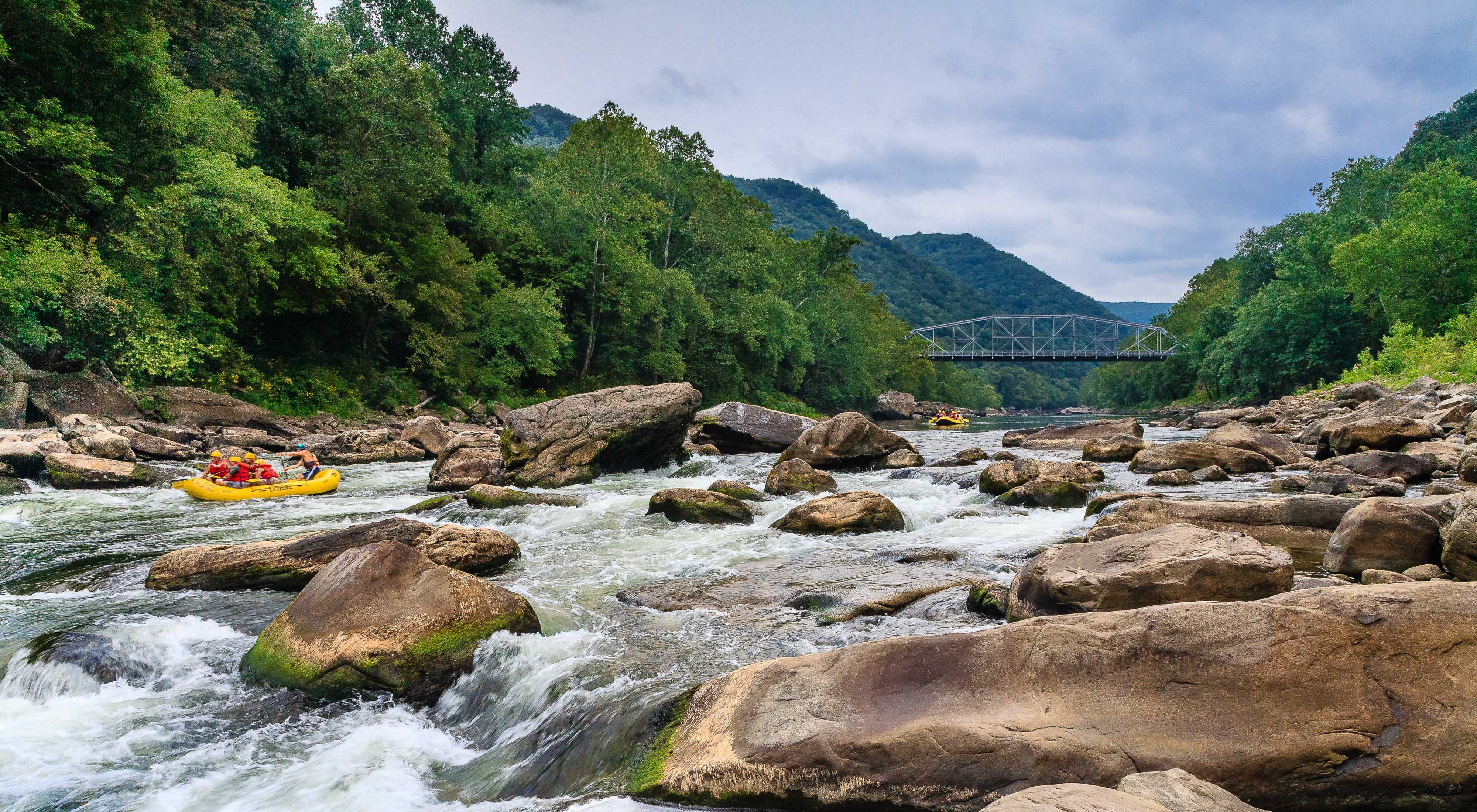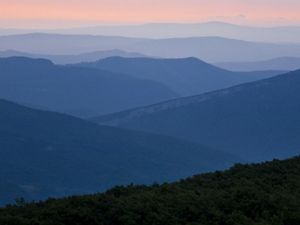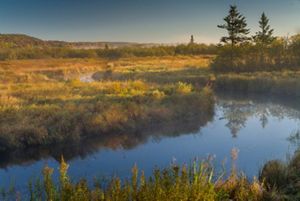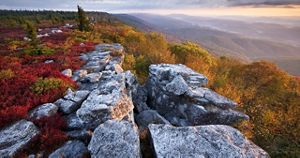Nature & Economy
Nature is a pivotal piece of West Virginia's economic future
An Uncertain Future
West Virginia faces a challenging time though also has unprecedented opportunities—if timely action is taken. With massive upheaval in energy markets due to COVID-19-related disruptions amid a longer-term global transition to a low-carbon future, West Virginia’s federal, state and community leaders are considering how to blaze new paths for bolstering the state’s economic future.
Communities are struggling, most poignantly in the Coalfields region where folks are experiencing some of the highest poverty rates in the U.S. and are in desperate need of new economic opportunities to overcome decades of structural decline. Over one million acres of former surface mine lands—an area larger than Delaware—across the Central Appalachians region from Pennsylvania to Tennessee are available to support new revenue streams as markets shift.
These circumstances present a timely opportunity to catalyze nature-based and nature-friendly economic development to create new jobs and revenue streams while restoring and conserving the climate-resilient, carbon-rich forests of West Virginia.
Nature-Based Economic Development
Nature is one of West Virginia’s greatest assets. Our forests and rivers provide drinking water, clean air and outdoor adventures to millions of people in the eastern United States, and these incredible natural resources can contribute to securing a stable and diversified economic future for the Mountain State.
We can sustain the extensive forests and rivers, and the services they provide to people, in ways that support the creation of much-needed, well-paying jobs and new revenue streams to support state and local budgets for providing even basic municipal services. Enhancing and leveraging the resiliency of these forested ecosystems can help the economy and contribute to community health by providing greater adaptation to the worst impacts of climate change. In addition, we can also expand opportunities for nature-based recreation for residents and tourists alike seeking rejuvenation in the great outdoors.
A New Future for West Virginia
Through our science-based practices, pragmatic approach and position as a convener across sectors, TNC is a critical leader to advance nature-friendly economic activities in ways that maximize economic and environmental gains for West Virginians. To demonstrate how nature-driven economic development can create a path forward for the economy, TNC is working to showcase and promote nature-friendly economic activities in West Virginia such as:
- responsible forestry and forest restoration that can generate valuable carbon credits and timber to support a robust & sustainable local forest products industry
- conservation compatible solar energy sited on former mine lands, brownfields and rooftops
- increased community access to outdoor recreation
We are engaging local and state leaders, economic development authorities, non-government organizations and landowners to share how nature-friendly economic activities can be profitable and beneficial to both the local community and the environment. Together, direct stakeholder engagement and tangible projects are intended to build the support and know-how necessary for the policy changes to enable West Virginia to be better positioned to fully seize the economic opportunities presented as the world transitions to a low-carbon future.
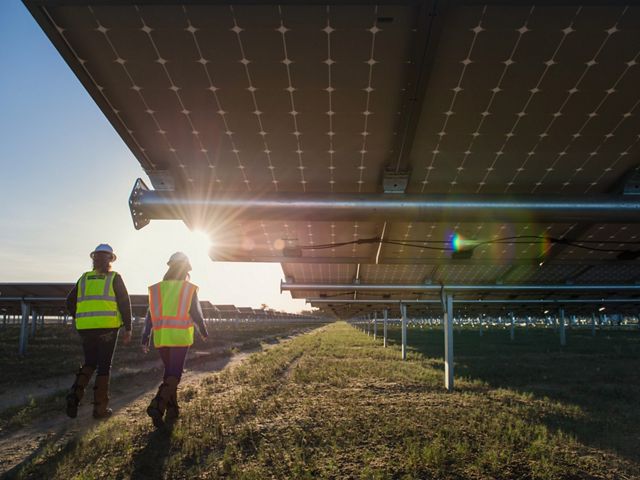
Goals of Our Work
The Nature Conservancy is working to support the growth of each of these three nature-friendly economic activities broadly across West Virginia, while simultaneously pursuing on-the-ground demonstration projects, to expedite much-needed economic diversification that serves communities, conservation and the climate.
Our goal is to realize these outcomes all while bolstering the Mountain State’s proud legacy of producing domestic energy and high-quality timber for the nation. By utilizing TNC’s cutting-edge science and innovation, we will continue to collaborate with cross-sector partners, including scientists, industry leaders, NGOs, policy makers, government officials, business leaders, communities and others to protect a connected network of natural areas.
For More Information
Eriks Brolis
Director of Nature & Economy Programs
eriks.brolis@tnc.org
(304) 637-0160
If you are interested in supporting our Nature & Economy work or would like to participate in an upcoming Nature & Economy summit, please contact Martha Kuepper at martha.kuepper@tnc.org or (304) 621-6140.
If you're interested in becoming a corporate partner, learn more about our Corporate Council.
